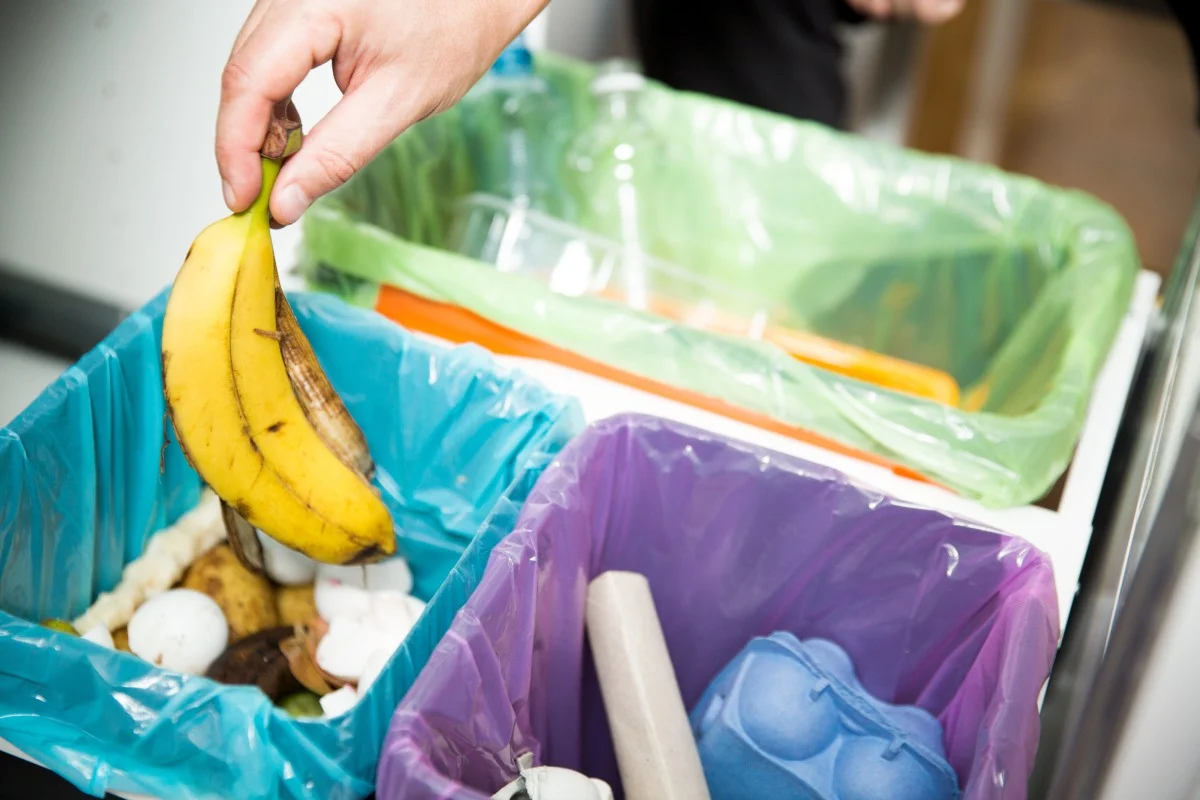THE term green economy has been a buzzword among Malaysian policy makers, politicians, civil society and the corporate elites since Malaysia has undertaken its own sustainability goals.
The definition of a green economy is the practice of sustainable development through the support of public and private investment to create infrastructure that fosters social and environmental sustainability.
While there are a lot of discourses on this subject, I was impressed by the action taken by Weil hotel Ipoh to lead a specific green initiative in Perak that has revolutionised the way food wastage is managed in the state.
Being a freelance writer and secretary for the Association for Welfare, Community and Dialogue (ACID) I was invited to witness the presentation of the key features of the green initiative undertaken by the management of Weil Hotel on Aug 14, 2024.
One of those impressive innovations by Weil Hotel Ipoh is the usage of advanced composting technology where it converts food waste into 20 kilogrammes of compost daily, amounting to 7,300 kilogrammes annually. This effort aims to reduce landfill waste.
By managing food waste innovatively, the hotel intends to reduce methane gas emissions and help slow climate change.
According to scientific literature, food waste rotting in landfills produces methane gas, which is a powerful greenhouse gas.
The greenhouse absorbs the heat that radiates from the earth surface, traps it in the atmosphere and prevents it from escaping into space.
In the nutshell the methane gas contributes to a warmer earth significantly through food waste in the landfills.
In this context an innovative food waste management system as undertaken by Weil Hotel has become critical nationwide to neutralise the impact of methane gas.
The role of hotels, F&B outlets, schools, factories and households has become critical in addressing their own food waste management system.
Using advanced composting technology also adds to quality effects in complementing the ecosystem of sustainability.
For example, the organic nutrient rich compost used to enrich soil adds value to those who involve community and urban farming.
This could, in the long run, encourage urban and community farming that could reduce the cost of food in the market.
It is hoped that more corporate organisations, schools and factories could follow the lead of Weil Hotel in revolutionising its food waste management system that would help reduce the impact on climate change besides offering opportunities for more farming in urban settings. – Aug 15, 2024
Ronald Benjamin is a freelance writer and secretary for the Association for Welfare, Community and Dialogue (ACID).
The views expressed are solely of the author and do not necessarily reflect those of Focus Malaysia.
Main image: South China Morning Post









